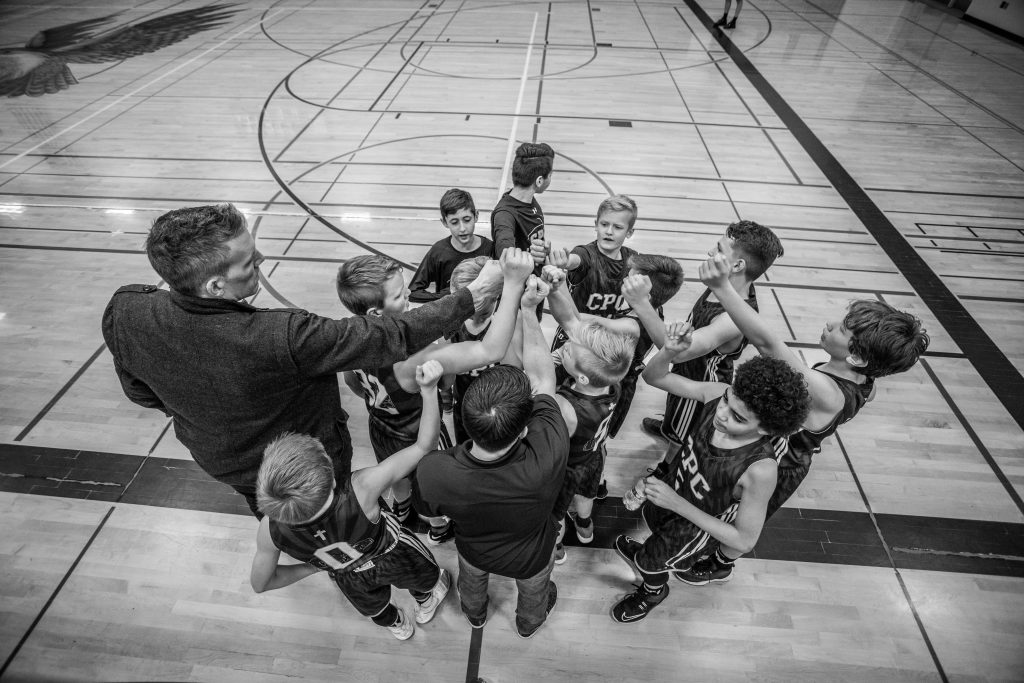Without any doubt, the pandemic has added to and created new, monumental organizational and individual challenges for us all. Leaders, as they slowly look up from their recent challenges now need to deal with the new reality, whilst also driving cultural changes and creating new versions of their teams and organizations to enable “stuff to get done”.
The culture of an organization, to all intents and purposes, is invisible, but it can be as powerful in its impact on a group or an organization as personality and character are on an individual. Just as our personalities alter after experiencing recent significant events in our lives, so organizational culture has changed and is ripe for renewal after almost three years of unprecedented chaos.
A great deal has been published on the pandemic’s impact on organizations, leaders, and employees.
Research by the O.C. Tanner Institute found companies that experienced layoffs and furloughs experienced a 91% decline in employee Net Promoter Score, a 57% increase in disengagement, and a 42% increase in a tense workplace atmosphere, and a 75% increase in feeling like the organization was underprepared.
According to another study of over 14,000 people at all levels of organizations across 13 countries by Oracle and Workplace Intelligence, the global workforce feels lonely, disconnected, and out of control.
75% feel stuck professionally because they don’t have growth opportunities to progress their career (25%) and are too overwhelmed to make any changes (22%).
The report continues, that lockdowns and continued uncertainty due to the pandemic have left many workers in emotional turmoil, feeling like their lives and careers are out of control.
The findings make tough reading:
• 80% of people have been negatively impacted, with many struggling financially (29%); suffering from declining mental health (28%); lacking career motivation (25%), and feeling disconnected from their own lives (23%).
• 62% found 2021 to be the most stressful year at work ever. More than half (52%) of people struggled with mental health at work more in 2021 than in 2020. The number of people who feel little to no control over their personal and professional lives doubled since the start of the pandemic.
• People noted they have lost control over their futures (43%); personal lives (46%); careers (41%); and relationships (39%).
• 76% of people feel stuck in their personal lives, feeling anxiety about their future (31 %); trapped in the same routine (27%); and lonelier than ever before (26%).
All of us have experienced an enormous impact on our professional and personal lives in one way or another. But, as businesses start to edge closer to normality and leaders begin to think about developing a new culture, it’s important they don’t lose sight of the skills developed and honed during the pandemic because some tough (and useful) lessons were learned:
Ability to thrive in a deeply human way in chaos
If the pandemic forced one thing, it was a need for leaders and organizations to thrive in a deeply human way in chaos. That not only includes quick thinking and on-the-fly adjustments but how to take individuals and teams with you. Business models of the past were flung out of the window in favor of something much more malleable. Where before work lives ran on a rigid structure, dictated by office working as one key driver, now external forces need to be considered more than ever before in shaping new ways of working.
Conscious Decision Making
This is an important skill for any leader at the best of times. Resilience has been tested to destruction and will do so for some time, and leaders will have to keep up with a constantly changing environment – both in physical terms and emotional terms with people engagement. In many organizations, this might mean completely overhauling a supply chain to meet any surge or decline in demand, whilst making decisions based on the changing demands and needs of the people involved. How to be conscious and inclusive in your decision-making is a core skill as we move into the era of the great migration or the great return.
Empathy and Compassion
During the pandemic, leaders became more emotionally responsive to the challenges their employees faced, both in and out of the office; checking one another’s wellbeing typically has been the first instinct and this has helped establish a more sympathetic connection within teams. The next levels of that connection are first that of empathy. However, there is a growing realization that very quickly to solve the challenges of people engagement and retention we need to move to the level of compassion. Where employees see not only hope that they are being seen, listened to, and understood but that the culture changes to one of hope and action.
The world is increasingly a place of perceived and real chaos for leaders. The best leaders and organizations will be able to evaluate all they’ve learned and experienced during the pandemic, learn fast and lead their businesses on with even greater confidence, conviction, connection and importantly “get the right stuff done”.
Maybe now we can dare to believe that something greater can emerge from the chaos…
Join us on our latest Leadership webinar: Grow up – get along and get stuff done!
27th June 2022 – 3pm BST
This webinar is aimed at Global Leaders and discussions will include:
- How to grow up, get along and get stuff done.
- How do you get unstuck on an individual, team, and organizational level?
- Grow up – build resilience and develop yourself as a leader
- Get along – teams embracing their differences, new practices, and embedding successful habits
- Get stuff done – What systematic, cultural, and organizational changes need to be addressed to facilitate this work.


